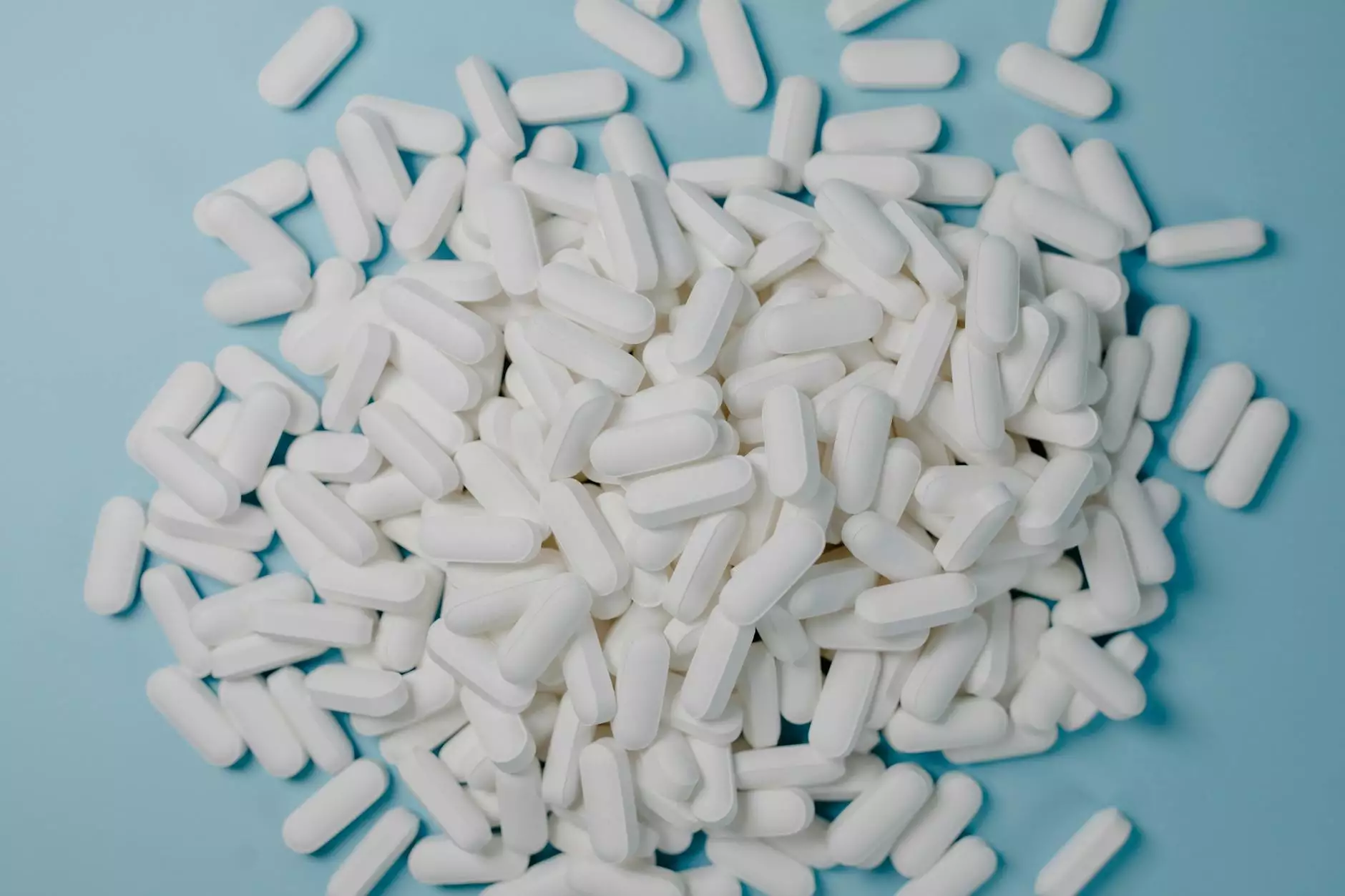Understanding Hormones for Horses

Hormones for horses play a crucial role in regulating various physiological processes in these magnificent animals. Just as in humans and other animals, hormones influence growth, metabolism, behavior, and reproduction in horses. Understanding these hormones is vital for horse owners, trainers, and veterinarians to ensure optimal health and performance. In this comprehensive guide, we will delve into the nature of equine hormones, their functions, the importance of hormonal balance, and practical applications in horse care.
The Basics of Equine Hormones
Hormones are biochemical substances produced by glands in the endocrine system. They are secreted into the bloodstream and transported to tissues and organs, where they exert their effects. In horses, essential hormones include:
- Estrogens: Key hormones for female horses, involved in reproductive cycles.
- Progesterone: Essential for maintaining pregnancy.
- Testosterone: Crucial for male horses, influencing behavior and physical attributes.
- Cortisol: A stress hormone that affects metabolic responses.
- Insulin: Regulates blood sugar levels and metabolism.
Function of Hormones in Horses
1. Metabolic Regulation
Hormones such as insulin are vital for regulating energy balance and glucose metabolism in horses. Proper insulin function is essential for maintaining healthy weight and preventing metabolic disorders like Equine Metabolic Syndrome (EMS).
2. Reproduction
Reproductive hormones like estrogens and progesterone play critical roles in the estrous cycle of mares. Understanding these cycles and hormonal changes is essential for breeding strategies.
3. Stress Response
During stressful situations, hormones like cortisol are released, preparing the horse to respond to threats. Chronic stress can lead to hormonal imbalances that affect overall health.
The Importance of Hormonal Balance
Maintaining hormonal balance is crucial for the well-being of horses. An imbalance can lead to various health issues, including:
- Reproductive Issues: Irregular cycles in mares can complicate breeding.
- Metabolic Disorders: These can affect performance and health.
- Behavioral Problems: Hormonal imbalances can lead to increased aggression or anxiety.
Managing Hormonal Health in Horses
Horse owners and caregivers can take several steps to manage and optimize hormonal health in their animals:
1. Balanced Diet
A balanced diet rich in nutrients can help regulate hormone levels. Key dietary components include:
- Quality Forage: Provides essential fiber and nutrients.
- Minerals and Vitamins: Calcium, phosphorus, copper, and zinc are crucial for hormone synthesis.
- Protein: Essential for growth and tissue repair.
2. Regular Exercise
Regular physical activity helps maintain hormonal balance and overall health. Exercise can regulate cortisol levels and improve metabolic function.
3. Stress Reduction Techniques
Minimizing stress in horses can lead to better hormonal health. Strategies include:
- Consistent Routine: Stable routines reduce anxiety.
- Social Interaction: Horses are herd animals; having companions can lower stress levels.
- Safe Environment: Ensure the stall and pasture are safe and comfortable.
Innovations in Hormonal Therapy for Horses
Advancements in veterinary medicine have led to new possibilities in managing horse health through hormonal therapies. Treatments can include:
- Hormonal Injections: Used to manage reproductive cycles and hormone deficiencies.
- Supplements: Nutritional aids that support hormonal balance.
Common Hormonal Disorders in Horses
Understanding potential hormonal disorders is essential for proactive health management. Some common disorders include:
1. Cushing's Disease (PPID)
Pituitary Pars Intermedia Dysfunction (PPID), commonly known as Cushing's Disease, affects older horses. It results in an overproduction of cortisol and can cause weight loss, a long curly coat, and increased risk of laminitis.
2. Metabolic Syndrome
Equine Metabolic Syndrome (EMS) is characterized by obesity, insulin resistance, and an increased risk of laminitis. Proper diet and exercise are crucial for management.
3. Reproductive Failures
Hormonal imbalances can lead to difficulties in breeding. Veterinary intervention may be necessary for hormonal regulation or addressing underlying issues.
Consulting a Veterinarian
Always consult a qualified veterinarian for advice tailored to your horse's specific needs. Regular health checks and hormonal assessments can help prevent significant issues.
Conclusion
In summary, hormones for horses are integral to their overall health and performance. Understanding their roles, maintaining hormonal balance, and recognizing the signs of disorders are essential for any horse owner. By investing in proper care, nutrition, and regular veterinary consultations, you can ensure the well-being of your equine companions. As the knowledge of equine hormonal health grows, innovative treatments and management strategies continue to evolve, promoting happier and healthier horses.









